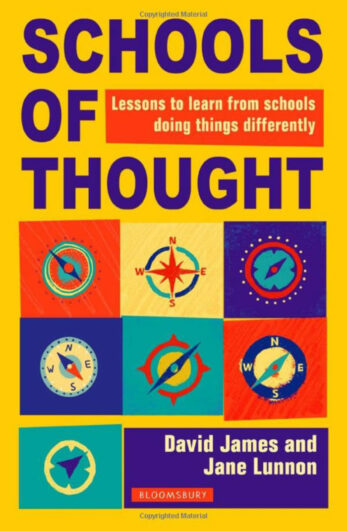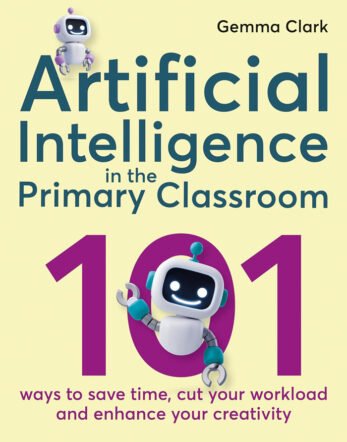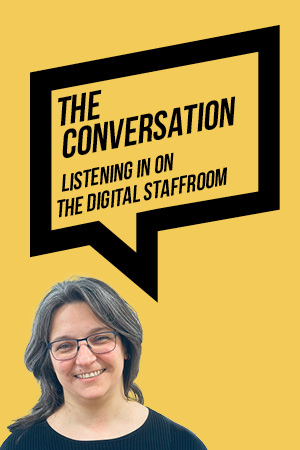Blog reviewer Andrew Old, shares his top picks from the edu-blogosphere this week
Four things PISA tells us about after-school learning
By @edudatalab
Researcher John Jerrim looks at the PISA data concerning the amount of time students spend on learning after school. It turns out that social class affects the type of learning in several ways: both in terms of what subjects are studied out of school, and the resources available for that learning. This may contribute to some of the differences between social classes we see in exam results.
Six ways to help struggling readers in your classroom
By @HoratioSpeaks
This blog looks into whether secondary level is too late to address students’ needs if they struggle with reading. There are a number of suggestions of ways teachers can support literacy in the secondary classroom, several of which I haven’t heard before. The author also avoids recommending any of the more common but ineffective literacy initiatives I’ve encountered.
Views
By @Trivium21c
If anyone can be neutral about how chairs should be set out in a classroom, it will be a drama teacher. Martin Robinson discusses his own experiences of using very different types of classrooms, and comments on arguments on social media about classroom layout in other subjects, observing that “teaching and learning are important acts that need focus and concentration… on the subject being taught”.
When did we start narrowing education?
By @Xris32
This post discusses how government policy, accountability processes and culture can lead to a narrow focus on a minority of school subjects at the expense of others. The author argues that there is nothing wrong with trying to be good at a lot of subjects, and observes that “university” once referred to a “universal” education.
The dangers of oversimplification
From razorbladeinthecandyfloss.wordpress.com
I think that very often in education we refuse to accept some straightforward facts because we are obsessed with looking for nuance and treat rare exceptions as more important than what generally happens. However, in this post, a teacher argues that when we discuss the importance of effort, we do oversimplify. For all the talk of “grit”, it is not enough simply to try harder; what you do in order to try hard is even more important, they argue. “Rather than telling students to keep trying, we should be telling them that achieving their ultimate goal might require them to try out different, fully specified techniques and approaches, leaving earlier work aside.”
The reading department
By @curricteamlead
An anonymous head of English observes that “reading about education has been seen by at least some in my department, and in my school, as an almost fanatical interest in our profession.” They argue that teachers should be encouraged to keep reading and discussing ideas about education.
How many people believe learning styles theories are right? And why?
By @DTWillingham
Cognitive psychologist Dan Willingham has probably done more than anyone else to warn educators that learning-style theories are not science. Here he relates some of the research showing how widely it is believed that people have individual learning styles and discusses why this belief persists. “I think learning-styles theory is widely accepted because the idea is so appealing,” he writes. “It would be so nice if it were true. It predicts that a struggling student would find much of school work easier if we made a relatively minor change to lesson plans – make sure the auditory learners are listening, the visual learners are watching, and so on.”
Why didn’t you tell me? Five things I wish I had been told sooner
By @joeybagstock
This post reflects on the things teachers should know, right from the start of their teaching careers. These are not big things, or complicated theories, but little bits of advice like “don’t talk over students whilst they work” that might make one’s teaching more effective.








Your thoughts